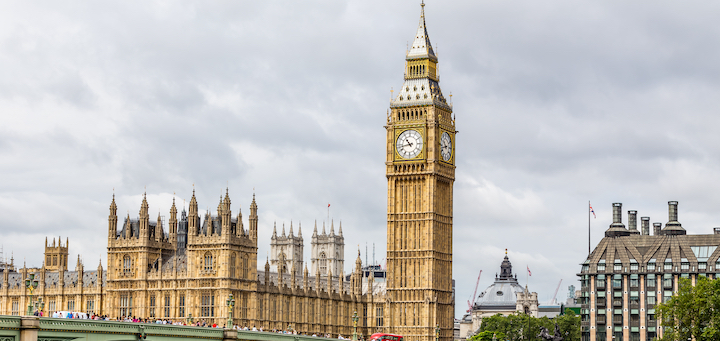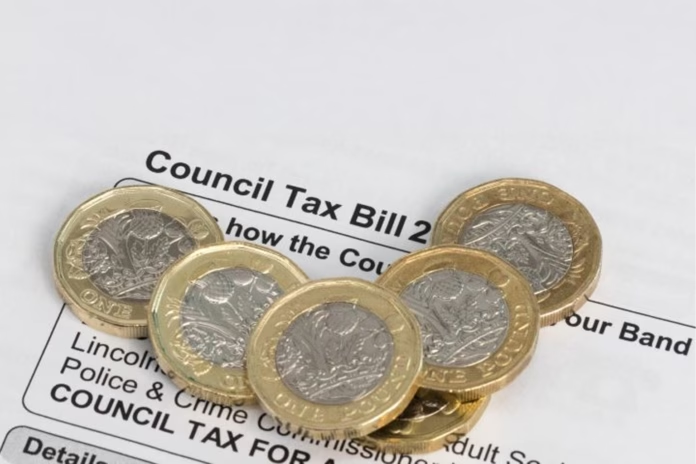Six local government organisations have united to call on chancellor Jeremy Hunt to address the financial challenges faced by councils and protect local services in his Autumn Statement today (22 November).
The Local Government Association, County Councils Network, District Councils Network, London Councils, Special Interest Group of Municipal Authorities and Unitary Councils Network said many of their members were “approaching or already at the point where their financial sustainability is at risk”.
The joint statement read: “This is not just about ensuring local services survive for our communities. Councils share the government’s ambition to level up, tackle climate change, build more houses, and support the NHS. To do this it needs to invest in local government. It is through councils that key government agendas can be delivered. Yet the threat of financial difficulty is grave for councils. They have been firmly in the eye of the recent inflationary storm, whilst at the same time grappling with mounting funding and demand pressures.”
The organisations said no council was “immune” to running into financial difficulty, noting recent warnings of section 114 notices and a funding gap of £4bn over the next two years at councils in England.
“This illustrates that 2024/25 cost and demand pressures will have added £15bn (almost 29%) to the cost of delivering council services since 2021/22,” the statement continued.
“Councils are working proactively with each other to share and transform their services to ensure they continue to provide high-quality services to their communities. Yet funding, cost and demand pressures are putting the sector at risk, with some councils warning that the rising demand and costs previously caused by inflation are threatening their financial sustainability. This is on top of having had to absorb a 27% real terms cut in core spending power since 2010/11.”
The organisations called for Hunt to ensure all councils have “sufficient resources to set balanced budgets next year without having to make drastic cuts to local services”, but said increasing council tax was not the long-term solution to the financial challenges.
“Councils can also not be expected to continue to plug funding gaps using their financial reserves,” the statement added. “Councils hold reserves so they can plan for the future and deal with known risks. They can also only be used once and would be rapidly diminished if used to meet councils’ unfunded day-to-day spending.”
The organisations expressed their desire to work with the government on a “long-term plan for greater funding certainty for councils”, noting that the sector is currently on its fifth one-year financial settlement.
“Just like any household would want to know what their financial situation was going to look like over the coming years, to help with budgeting, so do councils,” the statement continued. “Councils need multi-year financial settlements to help with longer-term planning for the future of local services that support residents, as well as more clarity on financial reform.
“This is not just about money either. We would like to see existing funding devolved locally and councils given the powers and responsibilities they need to join up different pots and projects.
“Councils have already made a wide range of savings through innovation and shared services. They are now at the point of having to make tough decisions about further cutting valued services and increasing council tax and fees and charges.
“Therefore, when the chancellor steps up to the despatch box, he needs to set out a package of financial measures that ensures the future financial sustainability of the sector, throwing a lifeline to the vital local services that people depend upon every day.”
—————
FREE weekly newsletters
Subscribe to Room151 Newsletters
Follow us on LinkedIn
Follow us here
Monthly Online Treasury Briefing
Sign up here with a .gov.uk email address
Room151 Webinars
Visit the Room151 channel











